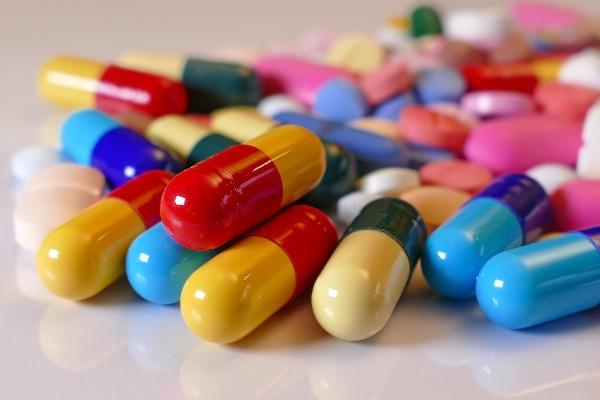The use of medication in day care centers and schools is a very controversial and delicate topic. Educational institutions have a large number of students, who stay in this establishment for at least four hours.
Given this scenario, it is common for some of these students, at some point in the school year, to feel unwell and request a medication to alleviate the symptoms. Also, some are sick and they need to continue treatment while they are at school. At that moment a big question arises: is it correct for the educational institution to provide medication?
Read more:Difference between medicine and medicine - quality, efficacy and safety rules
Can schools provide medication to students?
In some parts of the country, there are specific legislations about nurseries, day care centers and schools being able to administer medication to children and adolescents. Generally these laws determine, for example, that the establishment has the copy of prescription detailing the dose and timing of the medication and the medical report authorizing him to administer the medication when it is of continuous use. It is important, therefore, that the school is aware of the rules established for educational institutions in its region, since, in some places, there are restrictions on administration.

Institutions authorized to administer medication to students must organize themselves so that this supply is done properly. The school must, for example, have a person responsible for receiving this medication, pack it in a suitable place, properly identified and with medical recommendations, and ensure that its administration is done at the correct time.
An important point is that the parents get organized, in the case of medications that must be administered once a day or between long breaks, such as every 12 hours, so that the administration does not occur during class time. This avoids inconveniences with the educational institution and, if the school does not administer medication, it prevents the student from having to take his medication to school and be responsible for taking it.
In the latter case, it is important to make clear the danger that this act can cause, as it is very common for the child to forget the administration time and even miss the dose of the medication. The Brazilian Society of Pediatrics stresses, however, that adolescents can be responsible for their medication.
Recommendation of the Brazilian Society of Pediatrics
The Brazilian Society of Pediatrics recommends that families with school-age children adopt the following measures:
Families must always send the medical prescription to the school;
Families should avoid giving too many doses of medication at school, in order to reduce the possibility of mistakes, delays and forgetfulness;
Medications must always be shipped in their original packaging and identified with the student's name;
Those responsible must accept that many schools may consider it unfeasible to interrupt their activities to provide medication at short intervals or that demand time and complexity;
Families should always have contact with the management team of the educational institution, since doubts may arise when administering the medication.
Read too: Risks of self-medication - what it is and consequences
Adverse drug reactions

It is important to emphasize that any drug, however known and used by the population, can trigger Side effects. Therefore, providing a medication can be a serious problem for the educational institution if the student develops an adverse reaction.
In addition, it is important to make it clear that no medication can be provided without medical advice. When the school is authorized to administer medication, it is essential that the dosage of each drug and the time for its administration are respected rigorously. These recommendations are important to avoid cases of intoxication, for example.
By Vanessa Sardinha dos Santos
Biology teacher
Source: Brazil School - https://brasilescola.uol.com.br/saude-na-escola/o-uso-de-medicamentos-em-creches-e-escolas.htm
